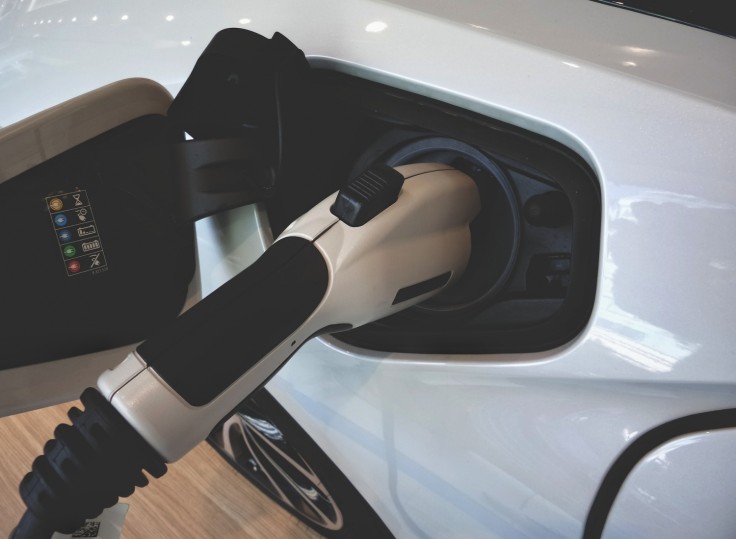Ironically, EV batteries could prevent more people from adopting EVs.
The British automotive risk intelligence company Thatcham Research recently found that car insurers in the U.K. still see EV batteries as a major challenge due to their sensitivity when an EV experiences a minor accident.
The problem is also present with car insurers in the U.S., which could affect EV adoption rates in the country.

A Risk For Insurers
Thatcham Research said in a report titled "Impact of BEV Adoption on the Repair and Insurance Sectors" that a lack of data on EV batteries continues to present a major challenge to U.K. car insurers who are forced to scrap EVs even after mild accidents.
According to a Reuters report, Thatcham Research's report, which the U.K. Government's innovation agency Innovate U.K. funded to examine differences between EVs and fossil-fuel models, cited a "concerning lack of affordable or available repair solutions and post-accident diagnostics."
This deficiency is the reason why insurers complain that many EVs have no way to repair or assess even slightly damaged EV battery packs after accidents, forcing them to write off EVs with low mileage. As a result, the consumer - who likely acquired an EV to reduce monthly costs - could face higher premiums and make switching to EVs a costly decision if they are not careful, per Fox Business.
As a result, many EVs with low mileage pile up in scrapyards, which worsens the problem further.
Unfortunately, an EV's battery can make up half of the overall car's cost; a replacement battery can cost more than a used EV's price after only one year, which makes replacing even slightly damaged EV batteries uneconomical. As such, having the data insurers lack could help them make informed decisions about whether to repair EVs or write them off based on access to data on their state of health after an accident, per Thatcham Research head of engineering research, Adrian Watson.
Matthew Avery, Thatcham Research's research director, said that while the goal of buying an EV was sustainability, the inability to have it repaired is creating a new problem - it isn't sustainable (and affordable) if people have to throw an entire EV battery away after a minor collision.
What's The Solution?
Unless EV batteries become more easily repairable in the future, EV owners can look to higher insurance premiums, while scrapyards can look forward to seeing more slightly damaged EVs with low mileage piling up in them.
"The number of cases is going to increase, so the handling of batteries is a crucial point," Christoph Lauterwasser, Allianz Center for Technology's managing director, told Reuters. "If you throw away the vehicle at an early stage, you've lost pretty much all advantage in terms of CO2 emissions," he added, citing how much Carbon dioxide EV battery production emits; consumers need to drive an EV for thousands of miles before they could offset the emissions produced during production.
Unfortunately, while other manufacturers, like Ford and General Motors, said their EV battery packs are repairable, few seemed willing to share access to battery data with a third-party, such as Nissan, Renault, and Stellanis, per Insurance Business.
Related Article : GM Adopts Tesla Charging Standard, Gets Access to Supercharger Network









